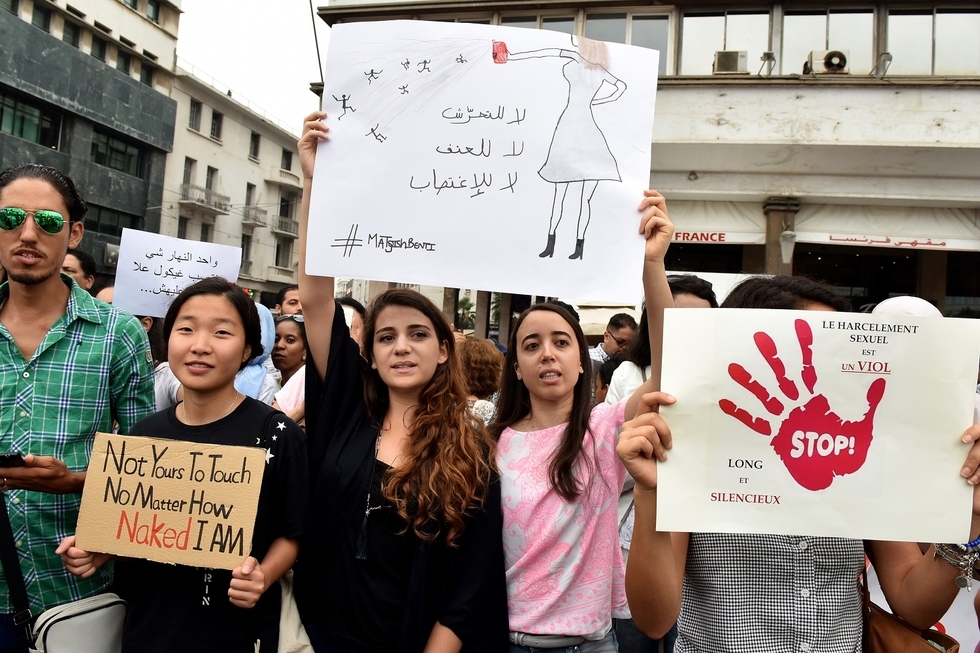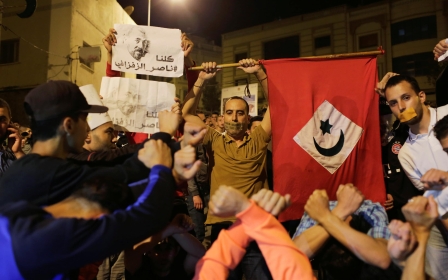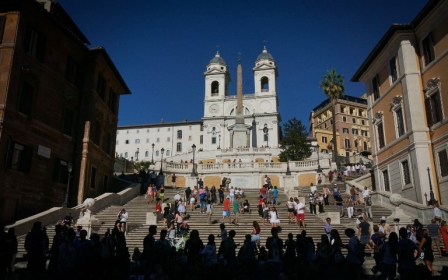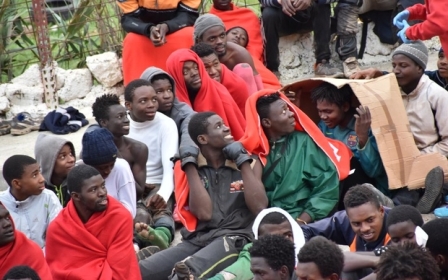Moroccans protest against sex abuse after bus attack

Hundreds of people staged an angry protest on Wednesday in the Moroccan city of Casablanca against sexual harassment after footage of a woman being assaulted on a bus caused outrage across the North African country.
"We are not afraid! Liberate public space!" chanted the protesters, gathered in the centre of Morocco's economic capital, near where the assault took place.
Six suspects were arrested on Monday after footage emerged online showing bare-chested teenagers assaulting a weeping young woman in broad daylight, laughing as they touched her private parts.
The bus driver and passengers who were onboard have been criticised for failing to intervene to stop the assault.
In the wake of the protests, Morocco's Prime Minister Saadeddine El Othmani vowed on Thursday to adopt a strategy to tackle sexual harassment after attacks that have shocked the North African country.
The government is "considering how to deal with this kind of phenomenon so that such acts do not happen any more", Othmani said in a broadcast speech.
"The strategy to be adopted will be announced at the appropriate time," he said, a day after hundreds of people protested in the economic capital Casablanca over the assault on a bus there.
The victim of the attack had learning difficulties, Moroccan authorities had said earlier.
"Nobody can remain indifferent... It concerns us all," said actress and theatre director Fatym Layachi, who was among around 300 protesters.
"It just so happens that this drama was filmed, we heard about it. I can't imagine how many similar dramas happen every day on buses or elsewhere in public places. This has to stop."
Oum, a well-known Moroccan singer, said: "I could have been that girl... I am here to say that we have to educate our children better."
Mohammad, an advertising executive in his 30s, said such incidents were common in Morocco. "Unfortunately we don't talk about it much," he said.
Local media wrote of "Horror in Casablanca" and called the attackers "monsters," saying Morocco, torn between modernity and conservatism, was facing a "crisis of values".
Public transport company M'Dina Bus condemned the incident and said it was collaborating with authorities in the north African kingdom, which is trying to attract investors and tourists by presenting itself as a safe haven.
The latest incident came less than two weeks after footage of men hounding a young woman walking alone in the northern city of Tangier was shared widely on social media, sparking a heated debate.
Morocco officially champions a tolerant version of Islam and does not impose the veil, but women are frequently subjected to insults, derogatory remarks and other sexist attacks in public.
Official figures show that nearly two-thirds of Moroccan women have suffered violent attacks, often in public places.
Middle East Eye propose une couverture et une analyse indépendantes et incomparables du Moyen-Orient, de l’Afrique du Nord et d’autres régions du monde. Pour en savoir plus sur la reprise de ce contenu et les frais qui s’appliquent, veuillez remplir ce formulaire [en anglais]. Pour en savoir plus sur MEE, cliquez ici [en anglais].




